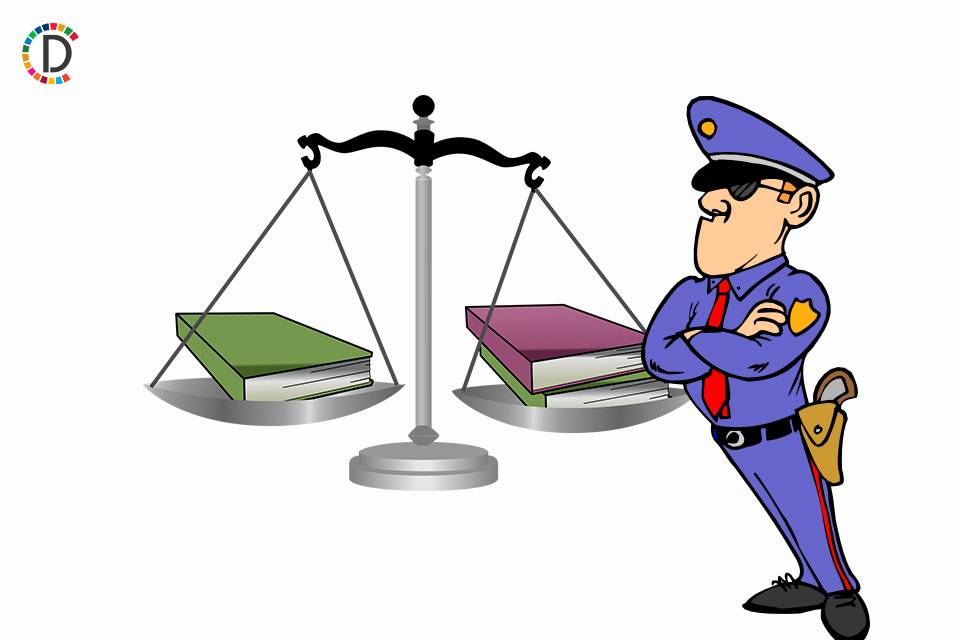Japan may not attend summit in Korea due to wartime forced labour dispute - media
Ties between the two Asian neighbours soured after South Korea's Supreme Court ordered a Japanese steelmaker to pay compensation for forced labour in 2018, which prompted Tokyo to impose export curbs on some key high-tech materials. South Korea was set to host the trilateral summit, held roughly once a year, but Kyodo news agency quoted diplomatic sources as saying it would be "impossible" for new Japanese Prime Minister Yoshihide Suga to visit unless Japan's concerns over the issue are addressed.

- Country:
- Japan
Japan may not attend a leaders' meeting with South Korea and China later this year unless "proper measures" are taken in a dispute between Seoul and Tokyo over compensation for wartime forced labour, Japanese media said on Tuesday. Ties between the two Asian neighbours soured after South Korea's Supreme Court ordered a Japanese steelmaker to pay compensation for forced labour in 2018, which prompted Tokyo to impose export curbs on some key high-tech materials.
South Korea was set to host the trilateral summit, held roughly once a year, but Kyodo news agency quoted diplomatic sources as saying it would be "impossible" for new Japanese Prime Minister Yoshihide Suga to visit unless Japan's concerns over the issue are addressed. It added that this view had been conveyed to South Korea.
Japan's Foreign Ministry was not immediately able to comment. The South Korean Supreme Court ruled in 2018 that Nippon Steel Corp should pay compensation to each of four South Koreans for forced labour during World War II, and a lower court in 2019 approved the seizure of part of the domestic assets of the company.
Nippon Steel filed an appeal against the ruling in August. Japan argues the ruling violates international law because all claims for compensation rising from Japan's 1910-1945 colonisation of the Korean peninsula were settled under a 1965 treaty.
Suga, who took office last month, called for both countries to repair their frayed ties in his first conversation with South Korean President Moon Jae-in. But Suga also said afterwards that Japan would "continue to firmly seek appropriate action from South Korea," without elaborating.
(This story has not been edited by Devdiscourse staff and is auto-generated from a syndicated feed.)
- READ MORE ON:
- Japanese
- World War II
- South Korean
- Yoshihide Suga
- Korean
- Suga
- South Koreans
- Asian
ALSO READ
South Koreans vote for new parliament after campaign focused on economy, graft
Ramco Systems secures software contract with Korean Air
Major upset in South Korean parliament election as opposition secures majority, signaling challenge for President Yoon
Highest-level meeting between Chinese and North Korean officials in years sparks discussions on diplomatic relations
Ten years after South Korean ferry disaster, mothers express their grief on stage










